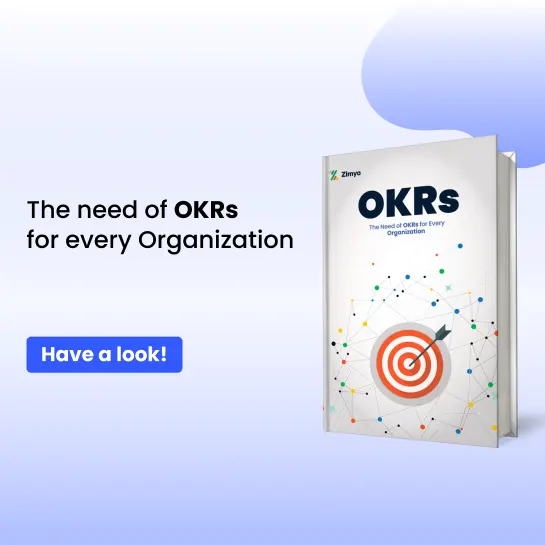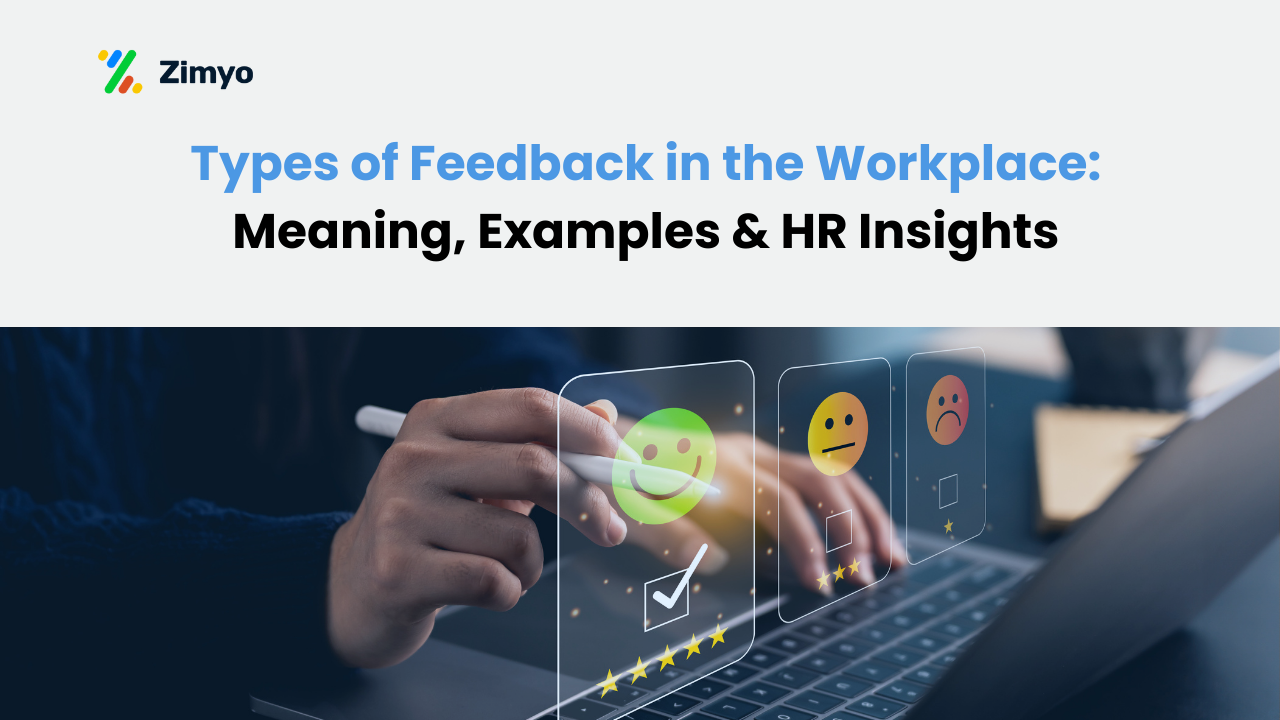Turning Around a Bad hire
You have a critical role to fill and have been searching for weeks, if not months. You finally find someone who seems to be a decent fit – a great CV, attractive personality, and the skill set you need. Naturally, you move quickly to make an offer. You don’t want to lose such a great candidate for your competition.
Cut to a few weeks later and you can tell something’s off. Your superstar hire is not quite what you were expecting. The attractive personality is increasingly being replaced by complaining and a bad attitude, the deliverables are not rolling in or your company is always being compared (unfavorably) to their last employer.
Countless companies get caught in the trap of a bad hire because they felt they needed to hire someone quickly – urgency took precedence over quality.
How often has this happened to you? Turns out, you’re not alone. According to an SHRM report, the cost of a ‘bad hire’ to an organization is five times the bad hire’s annual salary. Another study reports that only 19% of new hires are considered fully successful and by the 18-month point 46% are deemed failures.
So you’ve made a bad hire. Now what? Where do you go from there and how do you salvage the situation without doing more harm? Turning hiring failures into success stories has different routes you may take, and the route you choose depends on the type of employee you are dealing with.
- Recognize Your Mistake
The first step to fixing the hiring mess is to admit you’ve made a mistake. Unfortunately, too many employers/HR departments fail to do this and keep ignoring performance and/or behavioral issues, in the hope that the new hire will course-correct on their own.
- Examine why they are struggling
Try to find the source of the problem. Do they understand what’s expected of them? Is the workload too much? Are they struggling to fit in with your company culture? Are they finding it difficult to deal with their manager? It could be one or all of these or something completely different. But the idea is to identify the issue, so you can take steps to try to fix it.
- Communicate
The issue must be addressed head-on, without any beating around the bush. This means having a direct (and usually uncomfortable!) conversation with the person in question.
Start by delivering constructive feedback that highlights the issues you are facing with them. Explore what could be causing the problem. Present your reading of the facts but try to make it a conversation. Involve the new hire in discussions and get their feedback and opinions. Remember, the problem is never 100% of the new hire’s fault. Holding them solely responsible will only exacerbate the issues at hand.
An open dialogue will help you gauge whether the new hire is willing to change or adapt. If they are open to your feedback and actively participate in the conversation, that’s a good sign. It may then be worth investing in them, at least in the short term. If they get defensive or are resistant to your suggestions, that indicates that they are not very likely to make any meaningful change and you should seriously consider before investing in them further.
- Invest in Training
Most new hires, whether they are newly graduated or they’ve spent years working, still need a certain degree of on-job training. They need to understand the unique systems, procedures, and cultural dynamics of your organization.
It, therefore, makes sense to have older employees mentor the new hires, providing them with the coaching they need to be successful in that particular company. These veterans know the ropes, have seen the ups and downs in the business and can offer practical advice on how to grow within the role and organization.
- Reassignment
If your attempts at training and mentoring don’t seem to be working, don’t lose heart. There is one more trick up the HR’s sleeve before giving up. Think about your organization as a whole and determine whether or not they might be a better fit in a different department or position.
To do this, you will need to understand where their strengths lie. Ask them. Also, take feedback from the team/manager they are currently assigned to. You will be surprised by how upfront people can be with constructive feedback.
Once a better role is identified, shift the new hire without wasting any more time. To ensure a smooth transition you may have to handhold or even train them anew for the new role.
- No Guarantees
All these measures put together can go a long way in mitigating the costs typically associated with talent search & executive hiring mistakes. But even these don’t always work. Every individual is different and so is their response to the stress of a new job/workplace.
If you’re giving the new hire lots of feedback, but you don’t see them reciprocating the effort or any actual improvements over the next three to six months, at some point, you will need to prepare to cut your losses.
It’s worse to be stuck with an employee who can’t handle the work and is damaging to the team than taking the tough firing call. Just try your best to make the departure as smooth and graceful as possible and move on.
Of course, termination is never easy for any of the parties involved. So learn what you can from the experience and avoid repeating the mistakes. As they say, hindsight is 20/20. Make full use of it so that any replacement you hire is successful.
Lastly, prevention is always better than finding a cure. An old HR adage goes “Hire Slow. Fire Fast.” And there is some truth to that. Taking your time to thoroughly assess a candidate before making a hire can go a long way in saving a lot of grief and cost that come with a bad hire.
About the author:
Garima Sharma is a guest contributor to Zimyo. She is the assessments and surveys lead at GreenThumbs, a recruitment and talent assessment agency. She is a subject matter expert for personality assessments, 360-degree appraisals, employee engagement, and feedback surveys.recruitment






